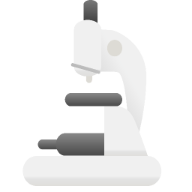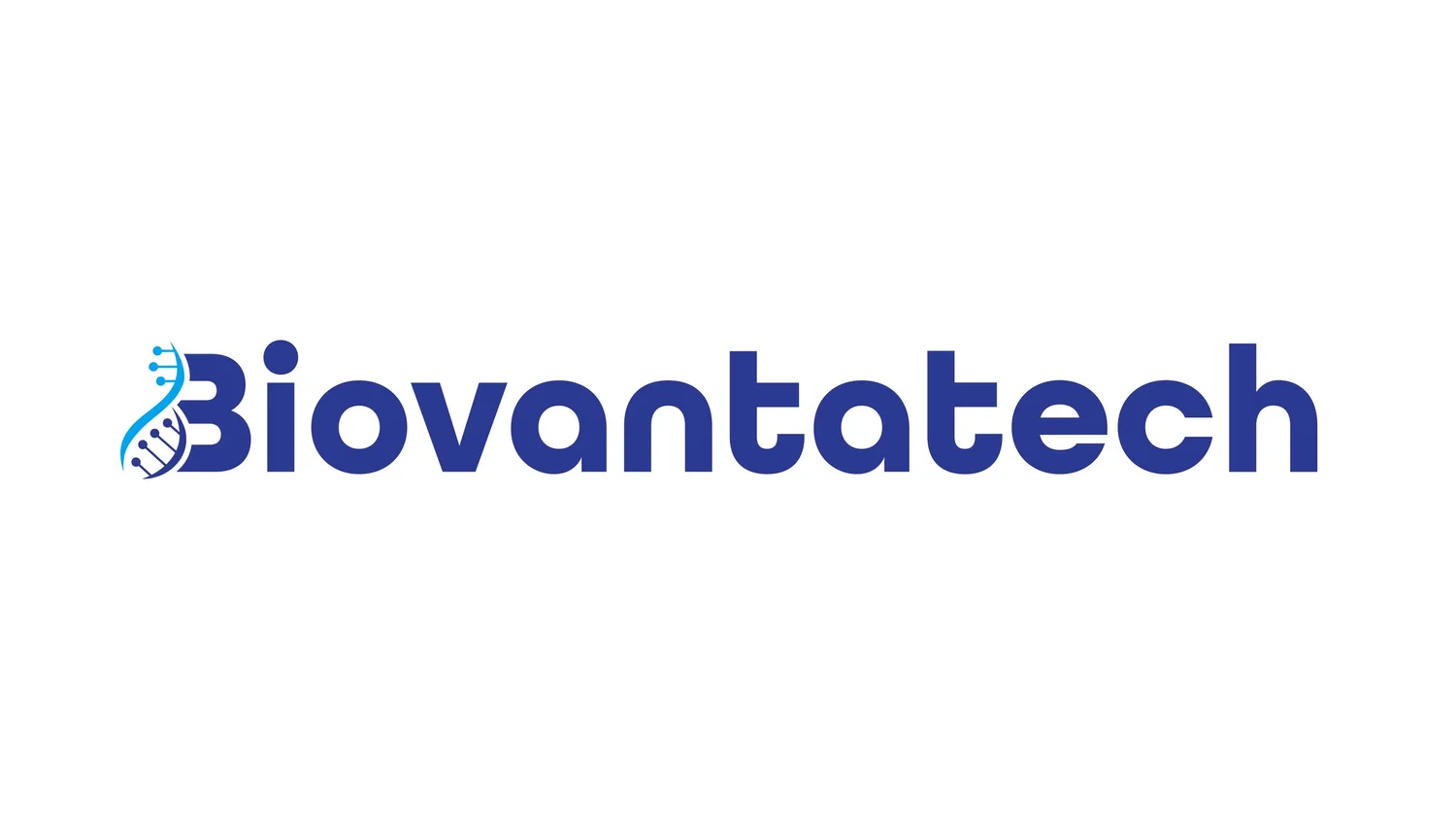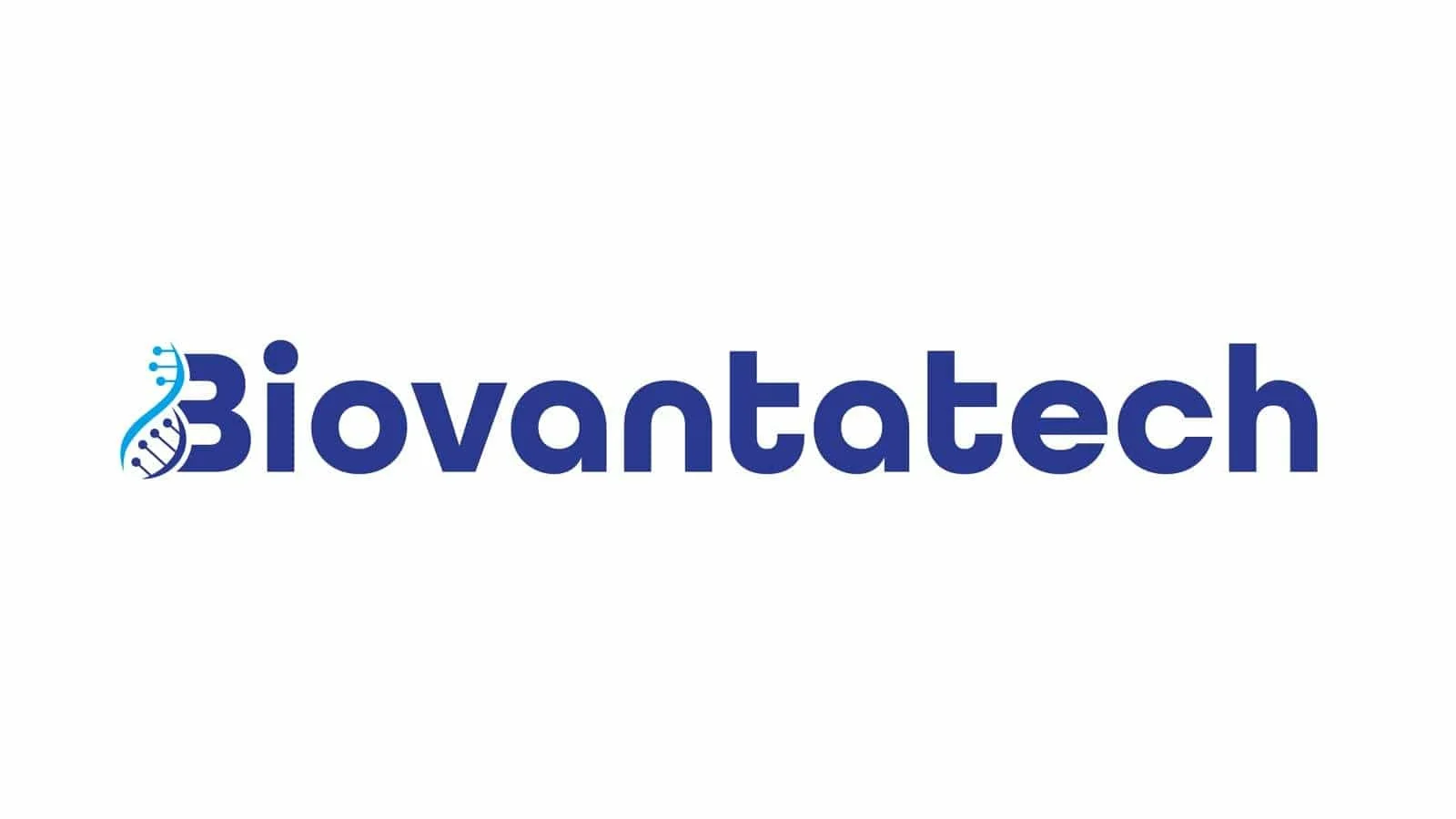Product Description: Human Kidney Cancer-Associated Fibroblasts (CAFs)
Product Testing
Each batch of Human Kidney CAFs is rigorously tested to ensure purity, identity, and functionality. Cells are confirmed negative for von Willebrand Factor (Factor VIII), cytokeratin 18, and alpha-smooth muscle actin. They are free of bacterial, fungal, yeast, and mycoplasma contamination. Positive expression of CAF markers—including FAP, PDGFR, Vimentin, PDPN, and CD70—is verified. Cells can be expanded for 3–5 passages using a recommended split ratio of 1:2 or 1:3.
Laboratory Applications
Human Kidney CAFs are well-suited for a range of applications, including cell-cell interaction studies, adhesion assays, PCR, Western blotting, immunoprecipitation, immunofluorescent flow cytometry, or the generation of cell derivatives for advanced research.
Shipping & Handling
Frozen Vials on Dry Ice
Cells are shipped cryopreserved in dry ice. For best results, thaw and initiate culture immediately upon receipt. If storage is necessary, keep vials in the vapor phase of liquid nitrogen—not at -70°C, as this will compromise cell viability.
Thawing Instructions
Quickly thaw the vial in a 37°C water bath for ~2 minutes. Avoid submerging the cap or O-ring.
Once thawed, disinfect the vial with 70% ethanol.
Centrifuge at 125 × g for 5–10 minutes to remove cryoprotectant, then resuspend in fresh growth medium.
Plating Instructions
Coat a T75 flask with 6–8 mL of AlphaBioCoat for 15 minutes, then rinse with 8 mL of 1X PBS.
Discard PBS and transfer the resuspended cells into the coated flask.
Pre-warm growth medium in the incubator for 15 minutes prior to use to maintain physiological pH.
Incubate cells at 37°C with 5% CO₂ in air.
Subculturing Guidelines
Use T75 flasks and adjust volumes for other vessel sizes accordingly.
Gently rinse with 1X PBS to remove residual serum.
Add 2–3 mL of Cell Detachment Solution and monitor until cells detach (5–15 min).
Recoat flask with AlphaBioCoat, rinse, and discard PBS.
Add 6–8 mL of complete growth medium, pipette to resuspend, and seed into new flasks.
Incubate at 37°C and maintain a subculturing ratio of 1:2 to 1:3. Refresh medium every 3–4 days.
Cryopreservation
For long-term storage, suspend cells in complete growth medium supplemented with 5% DMSO and store in the vapor phase of liquid nitrogen.


